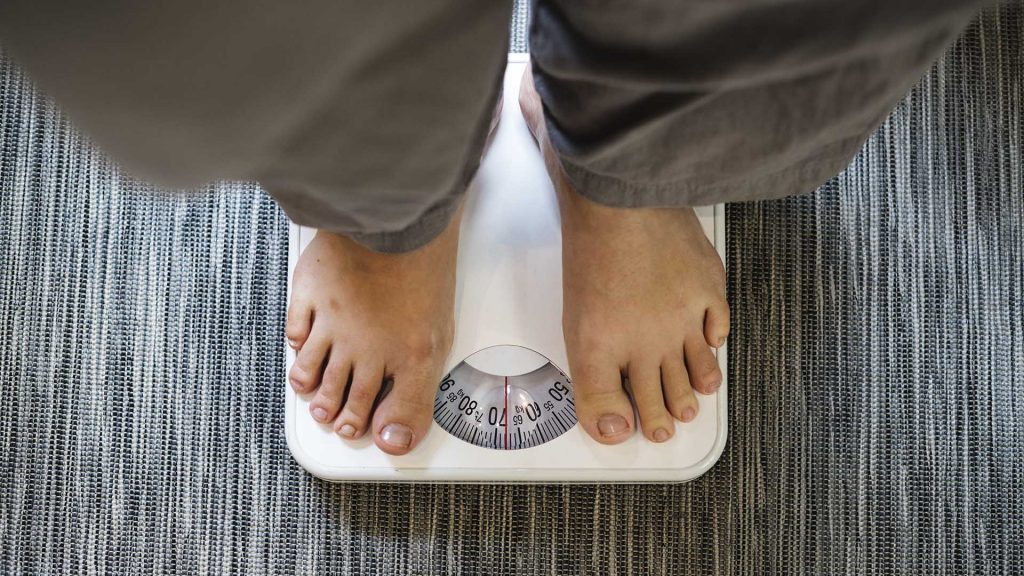How Does the Body Break Down Alcohol?

Why Drinking Alcohol May Lead to Weight Gain
In addition to the calories in alcohol, there are several other reasons why drinking might cause weight gain. Here are just a few:
- A few glasses of alcohol could give you a daily serving of calories
- Calories in alcohol are ‘empty,’ which means they don’t offer any nutrients
- Consuming anything that’s high in sugar, like cocktails, may lead to weight gain
- Alcohol consumption slows down the metabolism
- Drinking may affect your sleep, which can have an impact on weight
- Alcohol may cause stress on the intestines, which play a role in weight
- Drinking alcohol lowers inhibitions, especially with food
- Alcohol causes hunger; most of the food at bars is high in calories
So there are many ways that alcohol may cause weight gain, but will it cause you to personally gain any weight?
Will You Gain Weight From Drinking Alcohol?
This depends on a few factors, starting with your drinking behaviors. What you drink, how much/how often you drink, and what you eat when you drink could all contribute to potential weight changes. For example, a glass of wine contains about 150 calories and a low-calorie beer has about 100. Mixed drinks, on the other hand, could contain up to 300 calories. If you drink two mixed drinks, you could reach your recommended calorie intake for the day; so anything you eat will just be added calories. Individual weight gain from alcohol may also depend on:
- Your overall diet
- Genetics
- Your level of physical activity
- Demographics (age, gender)
- Other health factors
If you think alcohol may have contributed to weight gain, consider these factors to see if it’s time to cut back.



